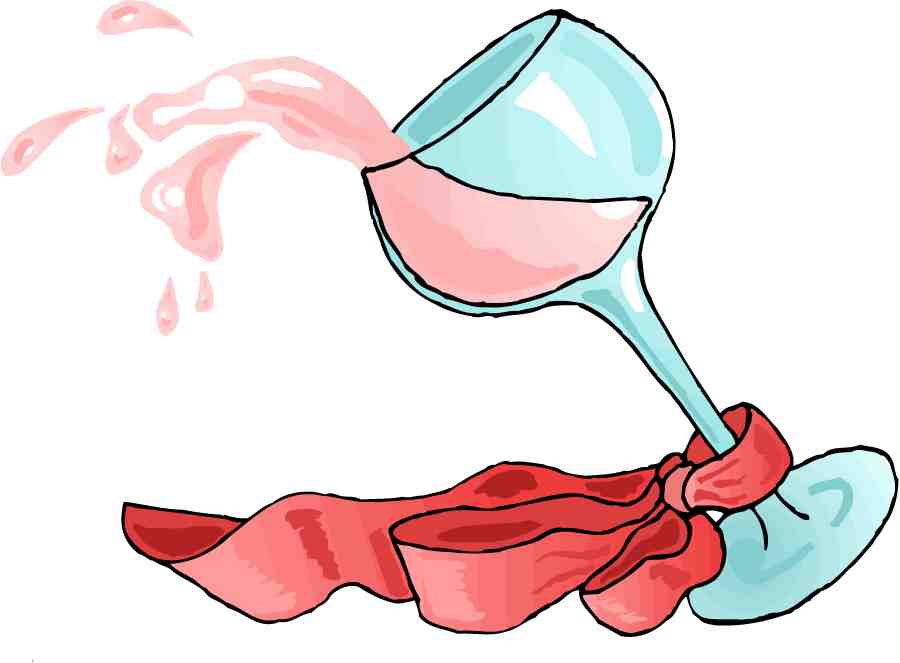Dear DeeAnn,
While I couldn't positively say your mom is an alcoholic,
she could be. You may want to see the Do I Have
a Problem questionnaire on alcohol and drugs. However, if she consistently
drinks every night and it interferes with her relationships and her parenting,
there is a good chance she is. You don't have to be rolling down drunk all the
time to be considered an alcoholic. The old two-part definition often described
in recovery groups is simple. It is "I drink and it causes problems in my life."
As you think about your mother's drinking, did it cause problems
to you?
Growing up as the child of an alcoholic or drug abuser can affect
you in many ways. It can be the birthing ground for problems with weight, shopping,
boundaries, work, a continuous low-grade depression and puncturing your self-esteem.
One of the primary areas it effects is relationships. Growing up with a substance-abusing
parent can contribute to you thinking a particular way about yourself, which
in turn influences who you choose to date.
Many times children adapt to different roles to find their place within this
troubled environment. Chaos and denial become the norm. Therefore, when
you are picking a partner, you may tend to disregard some potential warning
signs because you are continuing to live the role you learned as a child, and
have learned to accept chaos and denial as part of relationships.
If you thought of yourself as a caretaker or protector as a child, you are likely
to continue this as an adult. While your kindness is certainly an asset,
if you do this without boundaries or self-care it can hurt you. Adult children
who have been caretakers often are attracted to someone else who needs taking
care of. Unfortunately, you may be choosing people who are putting the responsibility
for their lives onto your shoulders.
If your role was to be the family clown to focus attention away from a tense
situation, you may continue as an adult who puts on a happy face to avoid acknowledging
a problem, yet inside withers away. In an alcoholic home, you learn to tip-toe
around the truth --often with the belief that you are protecting someone you
love. Silence and avoidance is often the manner of confronting problems, instead
of facing problems head-on. Ironically, it is only with a confrontation of the
truth that the alcoholic has the potential to turn around his or her life. This
is such an important topic, you'll see ongoing articles on this website. You
can also benefit from several chapters in Body
Sense, particularly the chapter Owning Your Hidden Losses. Take care.
Brenda Crawford-Clark, LMHC, LMFT, NCC
Author: Body Sense Balancing Your Weight
and Emotions
If you'd like to ask Brenda a question, submit the form below. We appreciate
all your questions but due to the volume of questions, not all will be answered.
Letters are chosen for their subject matter and interest to others. Look for
yours online.
Copyright Brenda Crawford-Clark 2001
